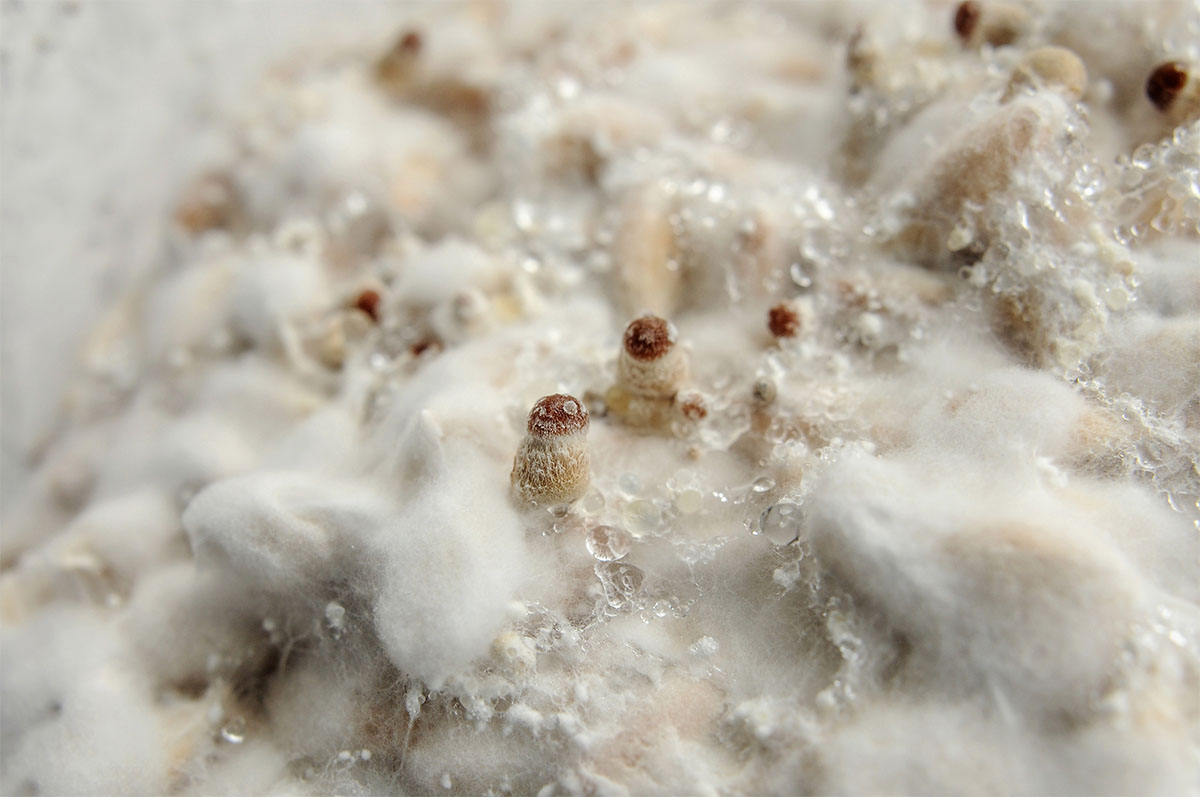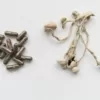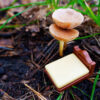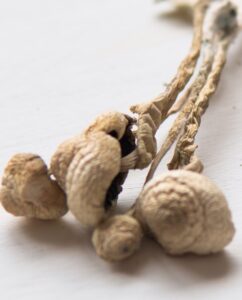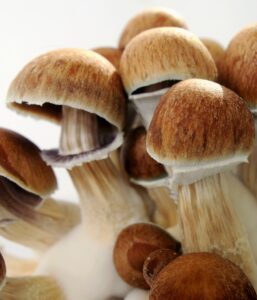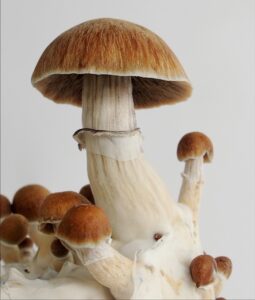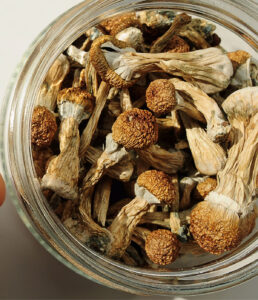Summary of research article by James J Rucker, published in the Journal of Mental Health, on March 13, 2023.
The paper investigates the efficacy of psilocybin therapy as a treatment for depression, particularly comparing its outcomes to traditional antidepressant medications. Psilocybin, a naturally occurring compound found in certain species of psychedelic mushrooms, has garnered significant interest as a potential therapeutic substance for mental health conditions, including depression and anxiety. The paper aims to present an overview of current research on psilocybin therapy, highlighting its benefits and potential risks, and evaluating its viability as a treatment option for patients with depression.
Depression is a common mental health condition that affects millions of people worldwide, causing significant social and economic burdens. Traditional antidepressant medications, such as selective serotonin reuptake inhibitors (SSRIs) and serotonin-norepinephrine reuptake inhibitors (SNRIs), have been the first-line treatment for depression for many years. However, these medications are not effective for all patients, and many individuals experience side effects or incomplete remission of symptoms. As a result, there is a growing interest in exploring alternative treatment options for depression, such as psilocybin therapy.
Psilocybin is the active compound in psychedelic mushrooms, which has been used for centuries by various cultures for spiritual and healing purposes. Psilocybin is a serotonin agonist, meaning it binds to and activates serotonin receptors in the brain. This leads to a cascade of neural and psychological effects, such as altered perceptions, emotional shifts, and introspection. Recent research has suggested that these effects may have therapeutic potential for various mental health conditions, including depression.
Numerous clinical trials have been conducted to evaluate the efficacy of psilocybin therapy for depression. Many of these trials have reported promising results, with patients experiencing rapid and sustained reductions in depressive symptoms after just one or two psilocybin-assisted therapy sessions. These benefits appear to persist for weeks or even months after treatment, suggesting that psilocybin therapy may offer a more enduring solution for depression than traditional antidepressant medications.
In some studies, psilocybin therapy has demonstrated equal or superior efficacy compared to conventional antidepressants, particularly for patients with treatment-resistant depression. Moreover, psilocybin therapy has shown potential in alleviating symptoms of anxiety and existential distress in patients with life-threatening illnesses, further indicating its potential as a versatile treatment for various mental health conditions.
Psilocybin therapy has generally been well-tolerated in clinical trials, with most adverse effects being mild and transient. However, there are potential risks associated with its use, particularly for individuals with a history of psychosis or other severe mental health disorders. In addition, the psychological effects of psilocybin can be intense and unpredictable, which may be challenging for some patients to navigate.
It is essential to emphasize that psilocybin therapy should be administered in a controlled and supportive environment, guided by trained professionals. This approach, often referred to as psychedelic-assisted psychotherapy, combines the administration of psilocybin with psychological support to facilitate a healing process that addresses the underlying causes of depression.
In conclusion, psilocybin therapy holds promise as an alternative treatment for depression, providing rapid and long-lasting symptom relief. Current research suggests that it may be especially beneficial for individuals with treatment-resistant depression and those experiencing existential distress due to life-threatening conditions. Although the therapy is generally considered safe, it is essential to be mindful of potential risks and ensure that treatment is conducted within a controlled, supportive environment. Future studies are necessary to optimize treatment protocols and assess the long-term effects of psilocybin therapy on depression. As the evidence supporting its use continues to grow, psilocybin therapy may emerge as a valuable tool in the fight against depression.

